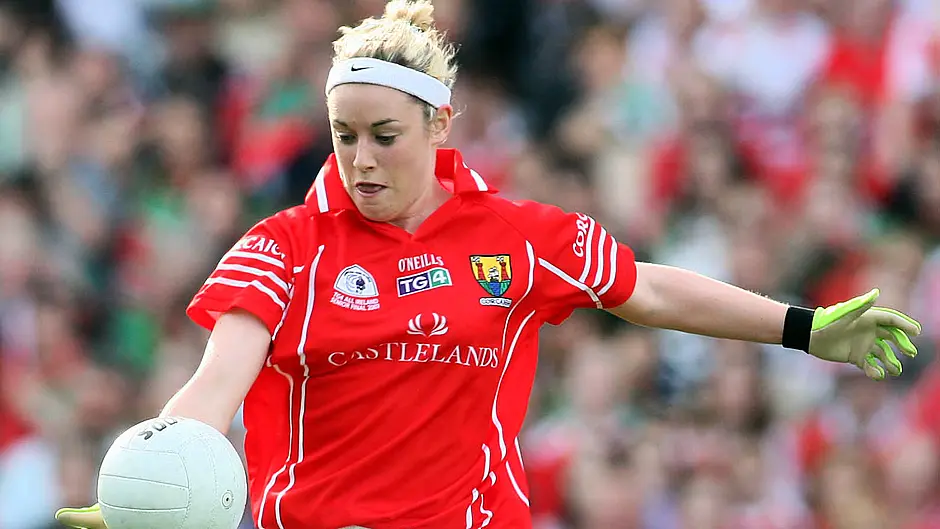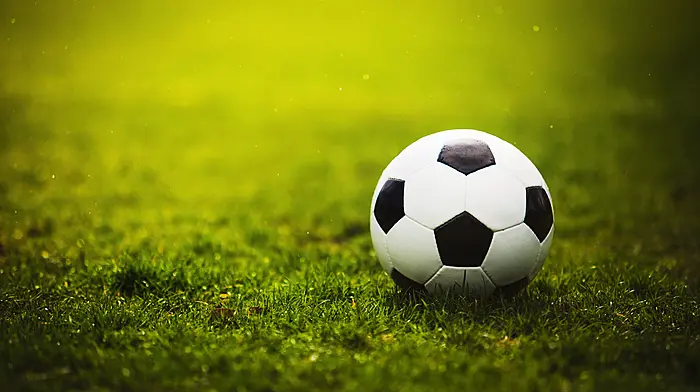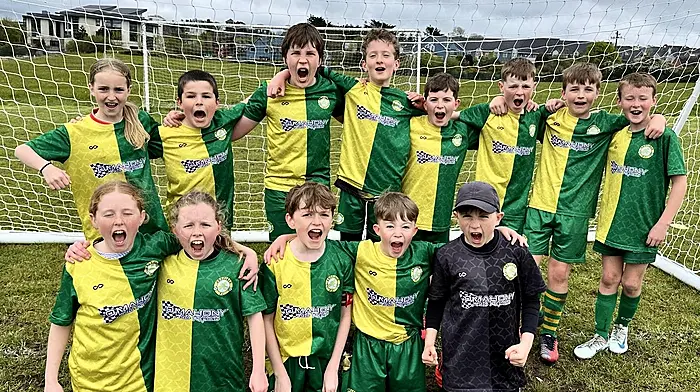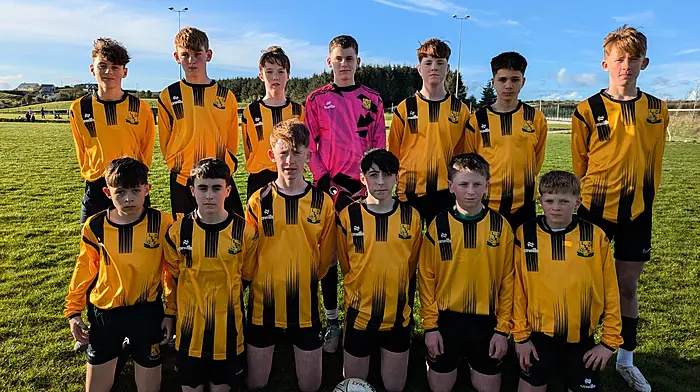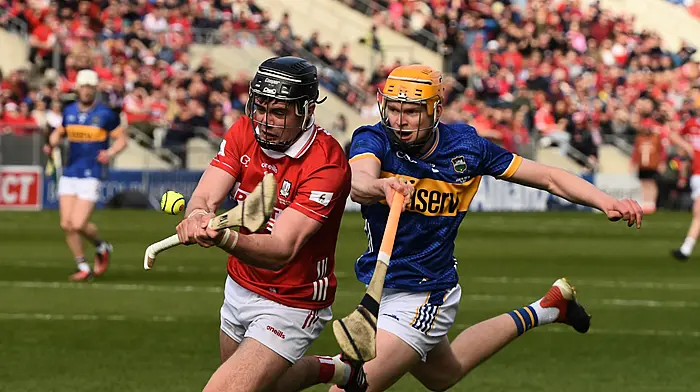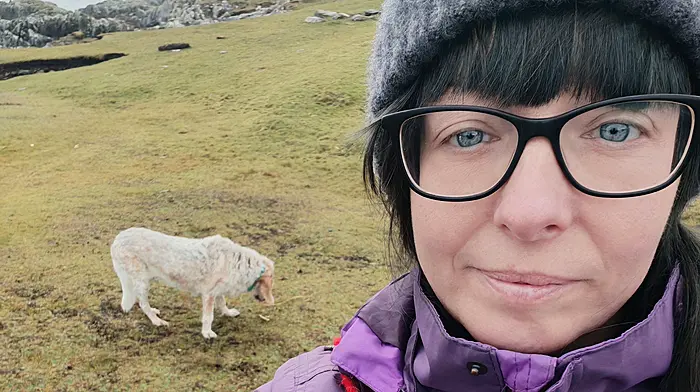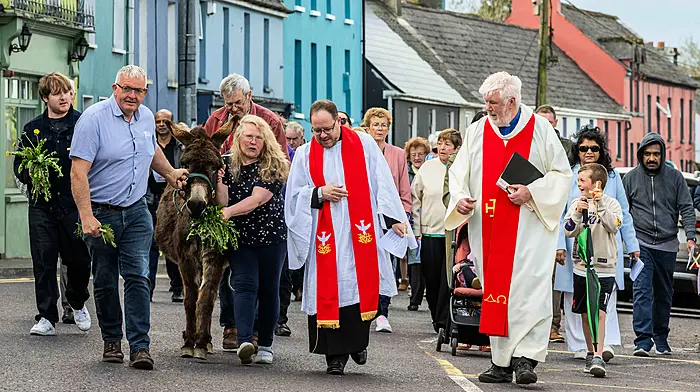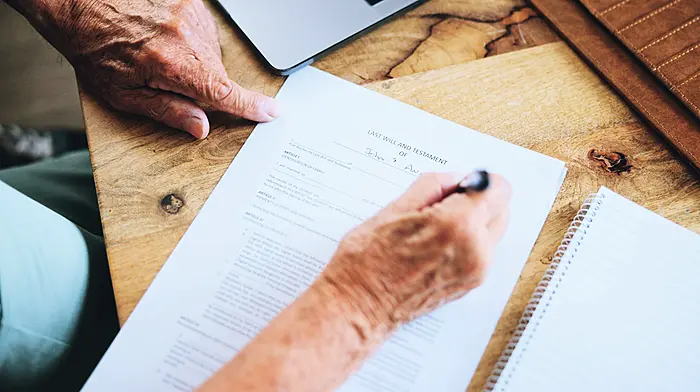RENA Buckley set the seeds for this column a few weeks back when the name of Amanda Murphy popped up in our conversation.
It got Buckley thinking about her former Cork team-mate, and that got me thinking, and in turn both Eamonn Ryan and Nollaig Cleary, as I asked them all the same question: just how good was Amanda Murphy?
‘Superb,’ says former Cork manager Ryan, who coached Murphy for five seasons with the Rebels.
‘An unbelievable talent,’ noted Cleary, a former team-mate of Murphy at county level.
Both agreed the Castletownbere woman was gifted and both agreed she had the potential to be a multi All-Star winner and one of Cork’s greatest – but Murphy’s name is rarely, if ever, mentioned in conversations about that dominant Cork ladies’ football team that won 10 All-Irelands in 11 years. That’s a wrong that needs to be righted.
Amanda Murphy was a prodigious football talent. She joined the Cork senior football panel in 2004 when she was 15 years old and still a student at Beara Community School. She won her first senior All-Ireland a year later, starting at wing forward as a 16-year-old and the youngest player on the pitch, but at home on the big stage. By the end of 2008, she had started in Cork’s four successive All-Ireland senior wins, was still only 19 years old and had the football world at her talented feet – but then she walked away from it all.
‘We were always hoping that maybe she just needed a break and that she would come back at some stage,’ Nollaig Cleary says.
‘She was one of those players that don’t come around too often, she was that good and she had so much more to offer.’
By her late teens Murphy had crammed in more football than most would in their whole careers and she was also making the round-trip of 180 miles from home in Beara to training and matches a couple of times every week – the feeling is that all took its toll.
‘I thought that maybe she felt she had enough,’ Ryan suggests, ‘but that’s just me guessing.
‘Amanda just drifted away from the scene, there was no announcement in the media, there was never anything said after, she just stopped, but she gave us everything while she was there.’
Gone off the scene at 19, by then Murphy had amassed an incredible collection – four senior All-Irelands, three national league Division 1 titles, four Munster senior medals, four U14 All-Irelands, three U16 All-Irelands, three All-Ireland minor titles, three Féile All-Irelands, 11 county titles and Munster U16 Player of the Year in 2005, and there’s probably more to add to that list.
‘Amanda was a star as a minor and then when she was parachuted into the senior set-up she stood out there too; that takes a certain maturity,’ Ryan explains.
‘She was 15 when she came on the panel first so she was very young but she slotted straight in and she understood straightaway what was needed.
‘The philosophy we had is that when we had the ball, everyone was attacking – if you were a full back, you were free to go, confident in the knowledge that someone would selflessly retreat.
‘For a player of Amanda’s ability and extreme youth, to be mature enough to see that it wasn’t all about getting scores and that if the opposition had the ball we had to work to get it back, she did that extremely well.
‘It’s important to recognise what a good worker she was and how she, as a 15-year-old starting off, bought into what we needed to do.’
Nine-time All-Ireland winner and three-time All-Star Nollaig Cleary, eight years older than Murphy, remembers being impressed by the teenage Beara prodigy.
‘Amanda is one of the best players I have played with,’ Cleary states.
‘I would have played on one wing, she was on the other wing so we would have linked a lot together, and I can honestly say she is one of the most talented players that I have played with or against. Left foot, right foot, brilliant in the air, she had unbelievable vision, she was clinical.’
It’s Murphy’s vision that stands out, Cleary says, pointing to her goal in the 2006 All-Ireland final win against Armagh.
‘I got a goal but I had nothing to do for it really, it was all about Amanda’s pass, she’s one of the very few players that would have seen that pass and then been able to execute it,’ Cleary says.
‘She was a natural. Instinctively she knew what to do.’
On the big days, Murphy shone. She scored in the 2006, ’07 and ’08 All-Ireland finals. She was a regular on a Cork team that went on to become the greatest ladies football team of them all and everyone could see her potential.
‘It’s a shame that she didn’t play for longer because she would have won more All-Irelands and been a multi All-Star – but she had a lot of road covered and a lot of football played by a young age too,’ Cleary opines.
Murphy has never spoken in the media about about her reasons for stepping away from the inter-county scene, but she left an impression on her former team-mates and manager who feel there was more to come, that she was scratching at the surface of her potential.
‘When she was there with us she gave us everything,’ Ryan says.
‘There was another step for her to go – to work on her weaker leg – and she had the talent to do that and get even better.
‘I have to say too that an important element of her success was her versatility, and her ability, willingness and success in playing in many positions as a forward and also a back.’
So, just how good was Amanda Murphy? The Castletownbere woman had the ability, the skill, the temperament, the work ethic and the maturity. Her medal haul speaks for itself. She exited stage left earlier than expected, but her contribution to Cork football shouldn’t be forgotten either. If she stuck around, she could easily have 11 All-Irelands to her name and, 31 this year, still be playing at the highest level.
This forgotten Rebel had it all.

